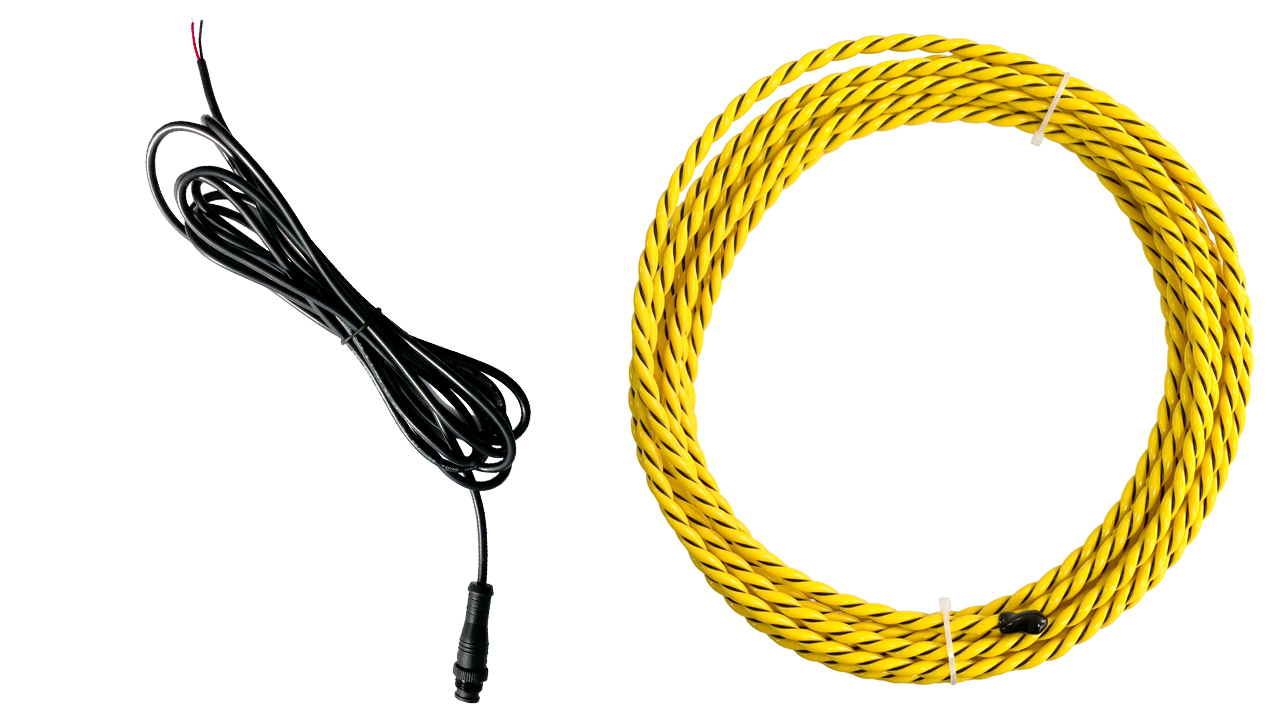A water leak, often undetected until damage has occurred, can result in substantial costs and may even compromise the structural integrity of your home. But fear not, there's an effective solution - water sensing cables, also known as leak detection cables. This practical tool can help prevent catastrophic damage and protect your home. The secret is choosing the right one for your needs.
The Critical Role of Water Sensing Cables in Home Protection
The right water sensing cable is a pivotal factor in mitigating water damage risks. They serve as an early warning system, detecting leaks before they escalate into significant issues. Selecting the right cable is not just about purchasing a product; it's about safeguarding your home and providing peace of mind.
Choosing the Ideal Water Sensing Cable: Factors to Consider
Length
Determining the appropriate length is essential. The cable should adequately cover high-risk areas like under kitchen appliances, around plumbing fixtures, and along the basement periphery. Before deciding, measure the distance around these critical areas to estimate the required length.
Sensitivity
Different cables offer varying levels of sensitivity, from detecting minor dampness to significant leaks. Choose a cable with a sensitivity level that matches the potential risk and severity of water leaks in your home.
Compatibility
Check whether the water sensing cable is compatible with your current home alarm or automation system. Some cables are designed for specific systems, while others offer more universal compatibility.
Grasping the Installation Process and Requirements
Understanding the installation process is critical when selecting a water sensing cable. Some products might require professional installation, while others can be DIY installed. Opt for a product that matches your comfort level and budgetary constraints regarding installation.
Evaluating the Reliability and Quality of Water Sensing Cables
Quality and reliability are two primary considerations when selecting a water sensing cable. Reliable cables will have positive reviews and professional recommendations. Check if the product has been tested and certified by reputable organizations to confirm its quality and effectiveness.
Recommendations for Key Home Areas
Basements
Basements are often susceptible to leaks. Opt for a long, highly sensitive cable that can cover the entire area and detect even minor seepage.
Kitchens and Bathrooms
These areas often see leaks from appliances or plumbing fixtures. A shorter, sensitive cable positioned strategically can provide ample protection.
Ensuring Regular Maintenance and Periodic Checks for Peak Performance
Maintenance and regular checks are crucial to ensure the continued effectiveness of your water sensing cable. Follow the manufacturer's cleaning instructions, regularly test the device, and replace batteries if required.
In conclusion, choosing the right water sensing cable involves careful consideration of several factors. By investing time in understanding and selecting the right product, you're not just buying a tool, but investing in the security of your home, protecting it from potential water damage. Remember, the key to preventing damage is proactive action. Take the necessary steps today, and enjoy peace of mind knowing your home is well-protected.


